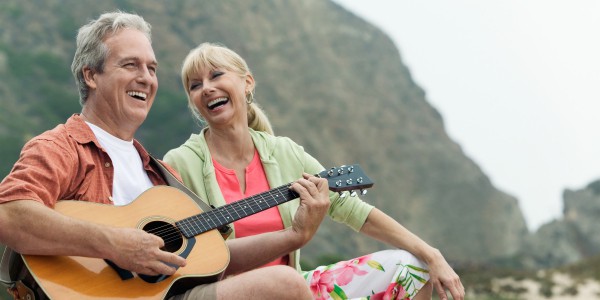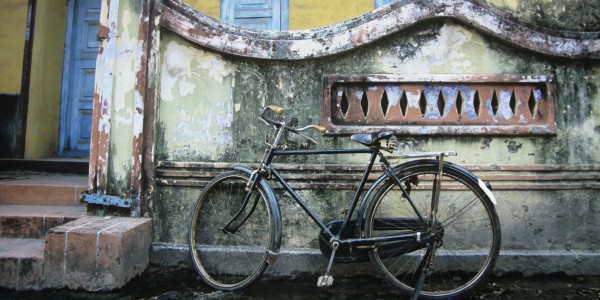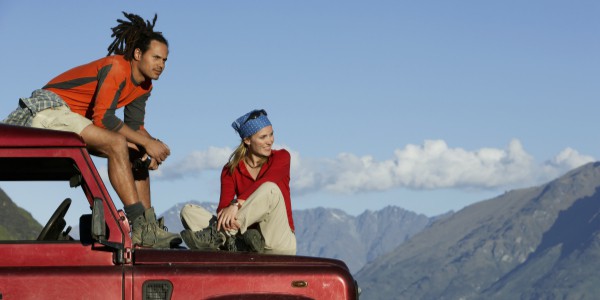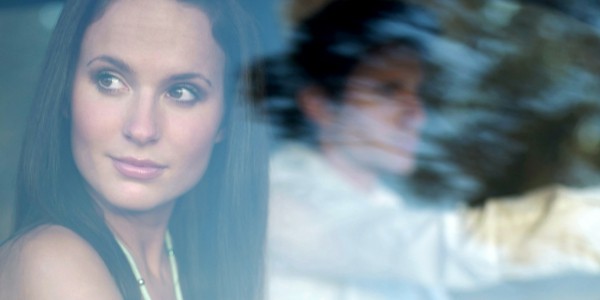3 Lessons I Learned While Traveling Part I: Value

Discovering Value Through Travel
What do you value the most in your life?
It’s hard to say what we value in our day to day lives, as you repeat patterns that you aren’t even aware of.
You drive to the same places, eat and buy the same things, and take most of what you do for granted.
Then you travel abroad.
You leave your familiar terrain and you face new things. New things can confuse us, so we enter a heightened sense of awareness.
Smells become more pronounced because you’ve probably never smelled them before in the same way. Smells, unlike our other senses, go directly to our:
- Hypothalamus, the part that helps us create memories.
- Amygdala, the part that helps regulate our emotions.
When what we are comfortable with disappears, we understand what we truly value.

We value a sense of home during our travels.
The first thing we might miss is the comfort of our beds. Whether you live in a big or small house, you will miss the way the place you have lived in fits who you are, and vice versa.
When we enter a hotel room, we realize that the environment is a generic one. It is for the general public. We start placing things where we might have placed them at home. The echoes of the place we left behind reverberate in the new space.
We value a sense of community.
Walking to a new cafe, in a new land, no one knows us. That might be a good thing if we want to escape from our daily life. But whether, or not you desire to connect to people in the new environment, you do notice them. You are aware of the barista that makes your coffee. You are aware of who sits and drinks their coffee and who does take-out.
Even without connecting verbally or socially, you are recreating a sense of community by being aware of those around you. If you stay long enough, you might greet these people. You might form connections. It is a human imperative to create social connection in some way. Like walking, breathing, and eating, creating a social network is vital to our survival and happiness.

We value survival and flexibility.
One of the myths about Darwin’s theory is that the “best” or “most evolved” animal survives.
In truth, it’s the animal that adapts to the particular environment that survives. Then it must adapt continuously to changes in that environment. No matter how weak or slow the animal might be, if it can adapt effectively it will survive. It might even thrive. But it doesn’t have to be perfect or be the “highest state of evolution”.
Faced with a new environment, we also face all our strengths and weaknesses. We have the capacity to plan ahead though. How will we adapt to these differences? Will we embrace the environment like a surfer embraces a wave? Will we hide in a cave and avoid all contact? Will we change ourselves if we cannot change our environment?
The irony is that once we go back home, we will in fact be different, and this is “reverse culture shock“. Whether we wanted to or not, if we lived long enough in the new place, we will have changed in some way, and won’t realize it until we go back. People might comment how we are different. We might notice something in our home environment that we hadn’t noticed before, or in a different way than before. This means we have changed.
What lessons can I learn?
- As we travel we see how people live and what they value. We can see the quality of their lives and the quality of the things that make up their lives.
- We can compare objectively with finance and economics.
- We can compare qualitatively with our own filters, experiences and what we have in our lives.
- Through travel we can see what truly matters to us, as we record our experiences with our minds and hearts.
- We might even be thankful for what we have relative to the less fortunate. We can remember that when we are lacking something in our lives, others might lack even more. As some say, it’s not “good” to compare, but if you’re going to do it anyway, you might as well do it in a way that makes you feel better in times of trouble.

What can I do?
One simple thing you can do is learning to convert currency mentally. For example, when I went to Thailand from Australia, 20 Thai Baht was roughly 1 Australian Dollar. I quickly learned to multiply by 20 really well! This helped me for a number of reasons.
- I knew when I got overcharged or cheated.
- I could compare quickly what things cost relative to Australia.
- It was a fun mental exercise and my girlfriend found it handier than her calculator.
Another thing I learned from doing this was that Thailand was bloody expensive! While we did stay in Phuket, in a tourist area, we didn’t expect things to be THAT expensive. This was due to a relative weak Australian dollar and a higher demand for more expensive goods in that area. Even when we avoided the more touristy places, it wasn’t that much cheaper. By having a sense of what things cost in a practical level, you will gain a better understanding of what you and the people in that country value the most.
Stay tuned for Part II of “3 Lessons I Learned While Traveling”. Keep an eye out on www.memorypie.com.